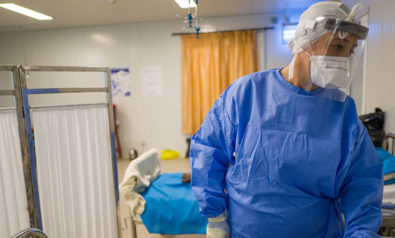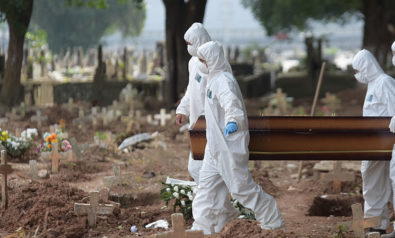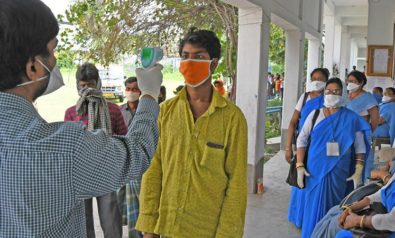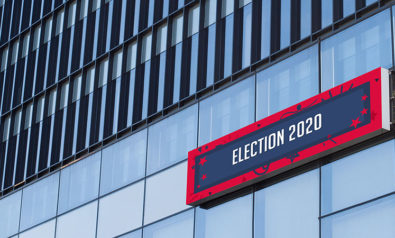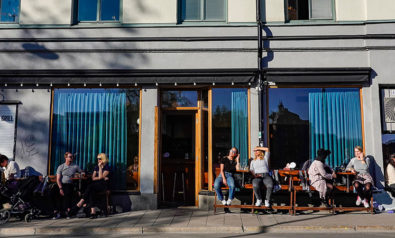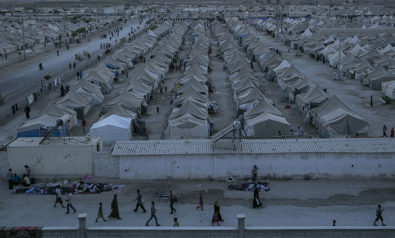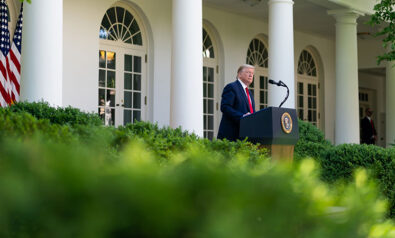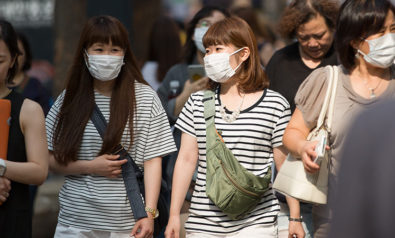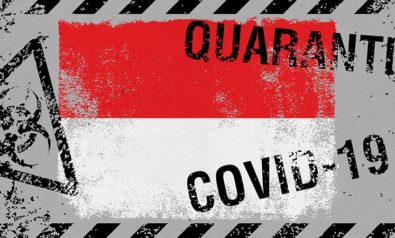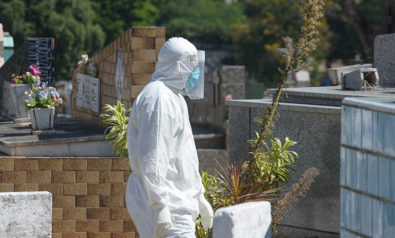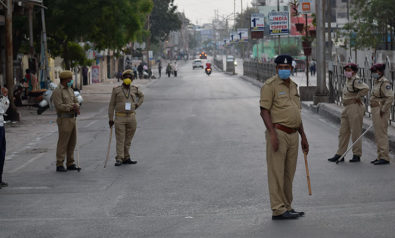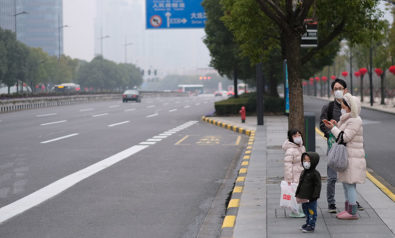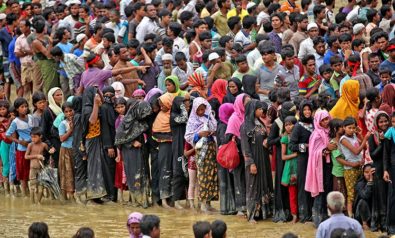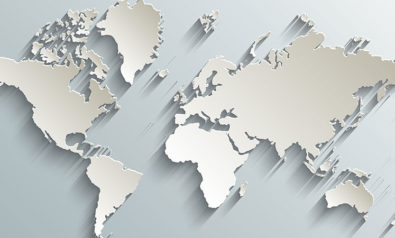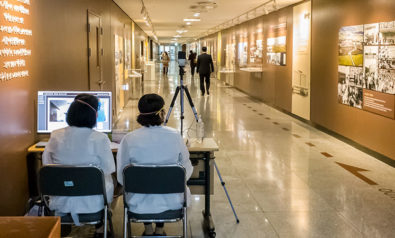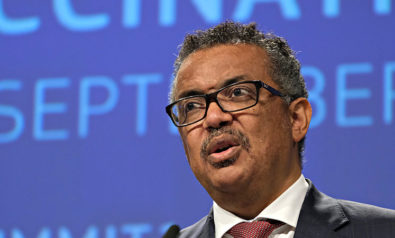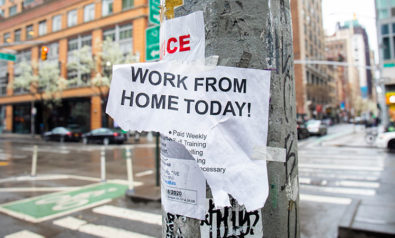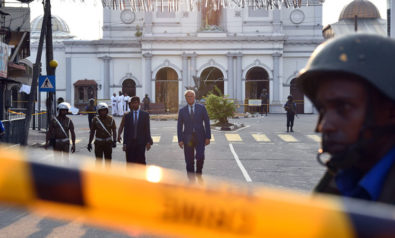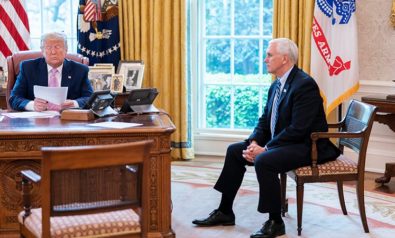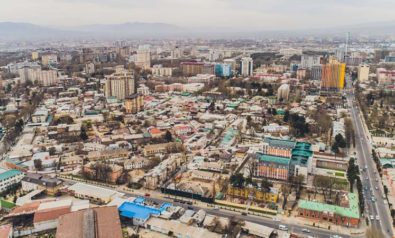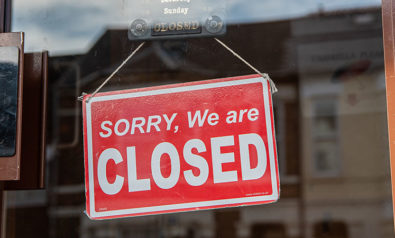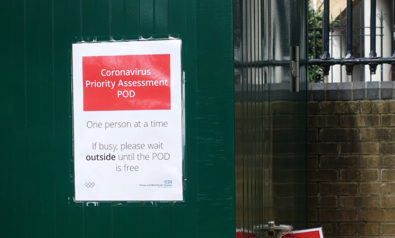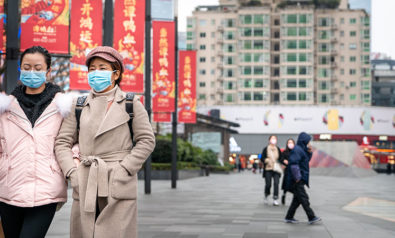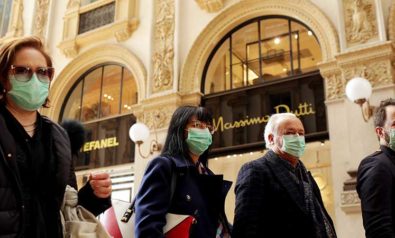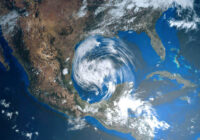With the COVID-19 outbreak unfolding worldwide, with around 35,000 cases confirmed outside China to date, it is possible to attempt a preliminary analysis of the politics of coronavirus and the efficiency of policies adopted by national governments and international bodies. Unfortunately, the measures seen so far have not always displayed the degree of leadership, responsiveness and institutional responsibility needed to manage such a large-scale outbreak.
Italy and the US currently lack these essential elements, exhibiting some of the highest mortality ratios from COVID-19. Italy’s political response to the outbreak has been marked by leaks and sudden turnarounds on decision-making, while the US has displayed little transparency, with crisis management politicized and driven by electoral calculus.
China’s Influence Dampens International Response to Coronavirus Outbreak
Similarly, international governance has not been effective, with the European Union and its institutions, and the European Commission in particular, appearing completely unfit to provide a framework of coordination for EU member states to contain the outbreak. The World Health Organization’s role so far has also been limited.
Hesitation and Political Amateurism
Form the very beginning, the management of the outbreak in Italy was marked by hesitation and reversal on decisions. For days, key politicians and some scientists claimed that the coronavirus is nothing more than an ordinary seasonal flu and asked for events, exhibitions and sports matches to go ahead in the name of the economy. On the night of March 8, Italy finally imposed a lockdown on over 16 million citizens, in a desperate attempt to halt the transmission of COVID-19. Following critical updates on March 7 that saw the number of cases climb to a total of 5,883, with 233 deaths — an increase of 1,247 infections and 36 deaths in a day — Italian Prime Minister Giuseppe Conte signed an emergency decree in the middle of the night.
The measures prohibited travel in and out of most of the country’s north, including Lombardy and 14 other provinces. However, the news of the lockdown was leaked to the press and was reported by Italian and international media, triggering chaos. Many tried to escape on night trains toward the country’s central and southern regions. A few days earlier, the decision to shut down schools across Italy was similarly reported by the press hours in advance of the official announcement. It is clear that the executive has a problem controlling its communications.
Then, just two days later, on March 9, the measure was extended to all of Italy in an unexpected move that sent thousands into panic. With people ordered to stay home and only allowed essential travel, there are serious doubts regarding how the lockdown will be implemented. Trains, buses and flights are still operating, with people able to freely travel without real limitations or controls.
So far, a self-declaration stating you need to travel because of work, health or any other kind of necessity is sufficient. Those who arrive from the affected regions are reportedly not being checked for the virus. There is also hesitation and arguments about the possibility of suspending both and the Italian football league and the financial market to prevent speculation.
Lack of Transparency and Politicization
In the US, the outbreak of the virus is spreading fast, with 787 cases of coronavirus reported and an emergency declared in the state of New York. However, President Donald Trump looks confident and optimistic, trying to convince the public he can easily handle the outbreak.
On March 7, during a visit to the Centers for Disease Control and Prevention (CDC), Trump seems to have undermined his administration’s own efforts to stem the outbreak by affirming that it was contained, along with a series of other lies meant to reassure the US public. The real problem is that there is no transparency in relation to when the new CDC tests will be ready to distribute. So far, because of the testing failure, only three out of 100 public-health labs in the US have been able to test for COVID-19, according to the Association of Public Health Laboratories.
An investigation by The Atlantic “could only verify that 1,895 people have been tested for the coronavirus in the United States, about 10 percent of whom have tested positive.” It would be interesting to understand why the US refused to use the testing kits provided by the WHO and what it plans to do in relation to the costs of the test kits in the US, a country where millions of people are not covered by any health insurance scheme.
The issue lies in the prohibitive costs of the tests, with one single kit costing between $1,000 and $3,000. According to Israeli newspaper Haaretz, as of March 9, the US had a ratio of administered kit tests of 1 per 1 million inhabitants, lagging behind other countries like South Korea, with 2,138 tests per million; Italy, with 386; Israel, with 383; and Austria, with 235 tests per million.
The technical expertise and readiness of the Trump administration to contain the outbreak were questioned by the National Institute of Allergy and Infectious Diseases (NIH). In an interview with Politico, Dr. Anthony Fauci, director of the NIH and a leading expert on infectious diseases, said that “You should never destroy your own credibility. And you don’t want to go to war with a president. … But you got to walk the fine balance of making sure you continue to tell the truth. … I don’t think that we are going to get out of this completely unscathed. … I think that this is going to be one of those things we look back on and say boy, that was bad.”
President Trump has also tried, in light of the upcoming presidential election, to blame Barack Obama for the shortages of test kits and accused the Democratic Party of spreading fake news concerning the outbreak and using the coronavirus to try to win back the presidency, with universal health care being one of the points of contestation. On March 9, Trump tweeted: “The Fake News Media and their partner, the Democrat Party, is doing everything within its semi-considerable power (it used to be greater!) to inflame the CoronaVirus situation, far beyond what the facts would warrant. Surgeon General, ‘The risk is low to the average American.’”
In an election year, the politicization of crisis management could be extremely costly in the short term.
Waiting and Seeing
If government policies in countries like Italy and the US have for the time being exhibited high degrees of mismanagement and amateurism, international organizations and institutions have displayed embarrassing immobility. The WHO, after weeks of delay and conflicting messages regarding whether the outbreak can or cannot be contained, has so far failed to declare the SARS-CoV-2 a pandemic despite its global reach — the virus is now found in 110 countries and on all the continents except Antarctica — and the alarm sounded by leading experts.
Doubts arise whether the WHO’s excessive caution in declaring COVID-19 a pandemic may not be based on assessments of whether it can still be contained but rather on political and economic considerations, such as upsetting key member states of the organization like China and the US.
As concerns the European Commission and other EU institutions, they have appeared more unfit than ever in assisting EU member states in building a comprehensive response to the virus outbreak. On March 9, while French President Emmanuel Macron was calling for urgent European cooperation to tackle joint health, economic and research responses, the President of the European Commission Ursula Von der Leyen stated that “We are looking into everything that we can do to help to address the impact on the economy.”
But there is some good news: Countries like Japan (despite being criticized for the handling of the outbreak on the Diamond Princess cruise ship) and South Korea have proven adept at handling the coronavirus crisis with strict and quick measures, without hesitation but in full transparency. Schools and offices were shut down immediately to prevent transmission, and strict containment rules were imposed on citizens, with thousands of people tested within days, and the number of total deaths limited to 10 and 58 respectively as of the time of writing.
Countries around the world should learn from Italy and the US that downplaying the impact of the coronavirus may result in a dangerously delayed response to the outbreak. Similarly, tackling COVID-19 without a clear and firm strategy that changes daily, causing panic and confusion, may result in further endangering the lives of citizens.
The views expressed in this article are the author’s own and do not necessarily reflect Fair Observer’s editorial policy.
Support Fair Observer
We rely on your support for our independence, diversity and quality.
For more than 10 years, Fair Observer has been free, fair and independent. No billionaire owns us, no advertisers control us. We are a reader-supported nonprofit. Unlike many other publications, we keep our content free for readers regardless of where they live or whether they can afford to pay. We have no paywalls and no ads.
In the post-truth era of fake news, echo chambers and filter bubbles, we publish a plurality of perspectives from around the world. Anyone can publish with us, but everyone goes through a rigorous editorial process. So, you get fact-checked, well-reasoned content instead of noise.
We publish 2,500+ voices from 90+ countries. We also conduct education and training programs
on subjects ranging from digital media and journalism to writing and critical thinking. This
doesn’t come cheap. Servers, editors, trainers and web developers cost
money.
Please consider supporting us on a regular basis as a recurring donor or a
sustaining member.
Will you support FO’s journalism?
We rely on your support for our independence, diversity and quality.



